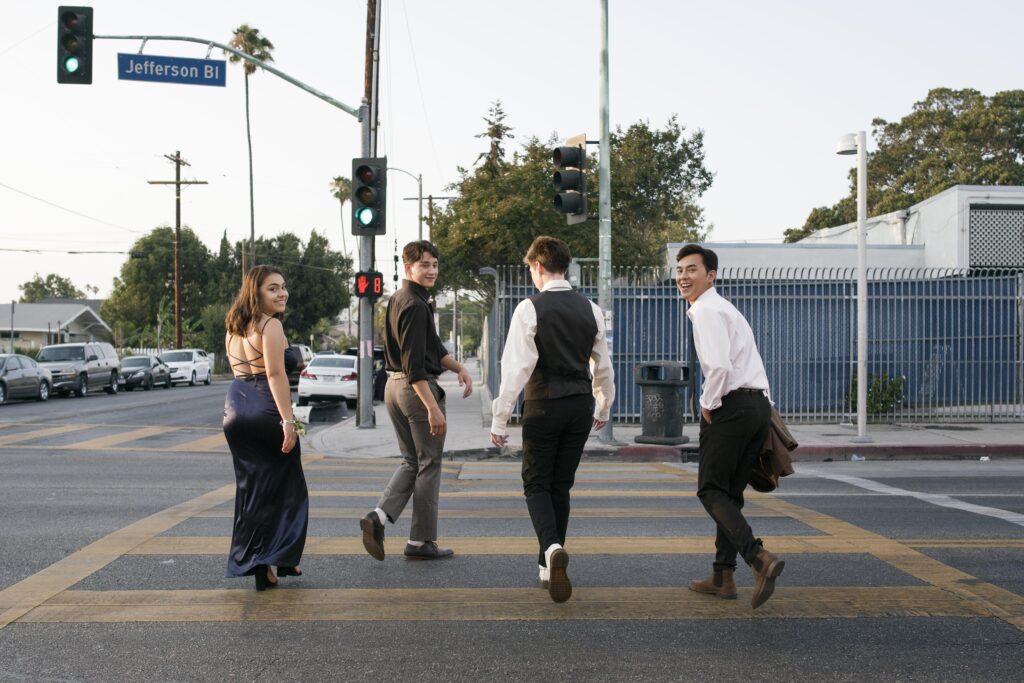Restraining orders are more common than many people realize. They’re court orders meant to protect one person from another, often in situations involving alleged harassment, threats, or domestic disputes. However, while they’re technically civil orders (not criminal convictions), they can still have a serious impact on your life.
One of the biggest questions people have is: Do restraining orders show up on background checks? The answer depends on the type of restraining order, how the order is recorded, and the kind of background check being run.
Let’s take a closer look at what restraining orders mean, how they affect your rights, and whether they can show up on your record.
What Is a Restraining Order?
A restraining order (also called a protective order) is a court-issued order meant to stop one person from contacting, harassing, or coming near another person. Judges usually grant them in cases where there’s the threat of domestic violence, stalking, harassment, elder abuse, or workplace safety issues.
Restraining orders are civil in nature, but violating one can lead to criminal charges. That’s why understanding their impact on your record is so important.
Types of Restraining Orders in California
There’s no one-size-fits-all restraining order in California. The state’s courts recognize several types of restraining orders, each designed for specific circumstances:
- Domestic Violence Restraining Orders (DVROs): These are issued when there are allegations of abuse or threats of abuse between intimate partners, spouses, ex-spouses, or close family members.
- Civil Harassment Restraining Orders: These apply to situations that don’t involve close relationships. For example, neighbors, roommates, or acquaintances.
- Elder or Dependent Adult Abuse Restraining Orders: These are supposed to protect seniors or dependent adults from physical, financial, or emotional abuse.
- Workplace Violence Restraining Orders: These are requested by employers to protect employees from threats or harassment at work.
Each type of order carries different restrictions, but all of them can affect your personal freedoms and, in some cases, your background check.
How Restraining Orders Can Affect Your Rights
Even though restraining orders are civil, they can have lasting consequences. Depending on the terms of the order, you may face restrictions like:
- Being forced to move out of your home
- Losing contact with your children (at least temporarily)
- Limits on owning or possessing firearms
- Staying away from schools, workplaces, or other public areas
- Damage to personal and professional reputation
These restrictions can complicate your daily life, and if the order shows up on a background check, it may affect everything from job applications to housing opportunities and even professional licensing.
Violation of a Restraining Order
Violating a restraining order is a pretty serious thing. Under California Penal Code § 273.6, it’s a crime to intentionally and knowingly violate the terms of a valid restraining order.
Consequences can include:
- Misdemeanor charges with fines up to $1,000 and up to a year in county jail
- Felony charges for repeat violations or violations involving violence, which can mean state prison time
- A permanent criminal record that goes far beyond the civil order itself
In other words, while the restraining order may start as a civil matter, violating it can put you directly in the criminal justice system.
Defenses Against a Restraining Order
If you’ve been served with a restraining order, you still have the right to defend yourself. Some common defenses include:
- False accusations – Unfortunately, restraining orders are sometimes misused in disputes, like custody battles or divorces.
- Lack of evidence – Judges require credible proof to issue a long-term order. If the evidence is weak, the order may not hold up.
- Violation not intentional – If you accidentally ran into the protected person in a public place, that may not count as a willful violation.
- Improper service – If you weren’t properly notified of the restraining order, that can be a defense.
A defense attorney can challenge the evidence, cross-examine witnesses, and argue for your rights in court.
FAQs About Restraining Orders in California
How to file for a restraining order in California?
The protected person has to complete court forms (such as Form DV-100 for domestic violence cases) and submit them to the court. Judges can issue temporary restraining orders (TROs) the same day, which last until a hearing is held to decide if a longer order should be issued.
How to appeal a restraining order in California?
If a restraining order is granted against you, you can appeal the decision to a higher court or file a motion to modify or terminate the order. Appeals are complex and time-sensitive, so it’s best to consult an attorney quickly.
Do restraining orders show up on background checks?
Here’s the key question. Restraining orders can appear on certain background checks, especially those run for employment, housing, or professional licensing. Even though they’re civil matters, they are court records, and court records are often public.
- Temporary restraining orders (TROs) may not always show up if they expire before becoming permanent.
- Permanent restraining orders, however, are more likely to appear, especially in more thorough background checks.
- Criminal background checks won’t list a restraining order itself (since it’s not a conviction), but if you violated the order, that criminal charge will definitely appear.
So, while the order itself is not the same as a criminal record, the practical effect can still be damaging when employers or landlords see it.
Can a restraining order be expunged or sealed?
Because restraining orders are civil court records, they’re not eligible for criminal expungement. However, in some cases, you can petition the court to terminate the order early or to seal records under very specific circumstances. Success depends on the facts of the case and whether you can show the order is no longer necessary.
Does a Restraining Order Go on Your Record?
This is another common concern: Does a restraining order go on your record? The answer is yes, but not in the same way as a criminal conviction.
A restraining order becomes part of the court record. That means it can be accessed in a court file search, and in many cases, it may appear in civil background checks. But it’s not a criminal conviction unless you violate it.
Still, the stigma of having a restraining order can follow you around, especially if you’re applying for sensitive jobs or housing opportunities. That’s why it’s critical to fight against unnecessary or unfair restraining orders before they become permanent.
Contact an Expert Defense Attorney for Help
Being served with a restraining order can feel overwhelming. Suddenly, you may be cut off from your home, your family, and your rights, and you may be worried about how it will affect things down the road.
The truth is, restraining orders can and often do show up on background checks. And while they’re civil in nature, the consequences can be as serious as criminal penalties, especially if you’re accused of violating the order.
An experienced defense attorney can:
- Challenge false or exaggerated claims
- Argue for modification or dismissal of the order
- Defend against allegations of violation
- Protect your record and reputation as much as possible
If you’re facing a restraining order in California, don’t wait until it’s permanent. Contact David L. Faulkner today to protect your rights and your record.









